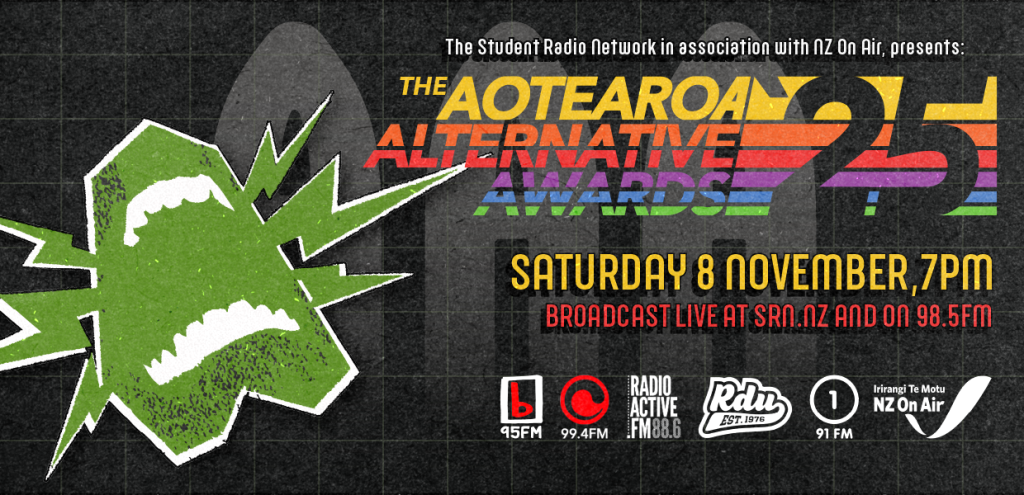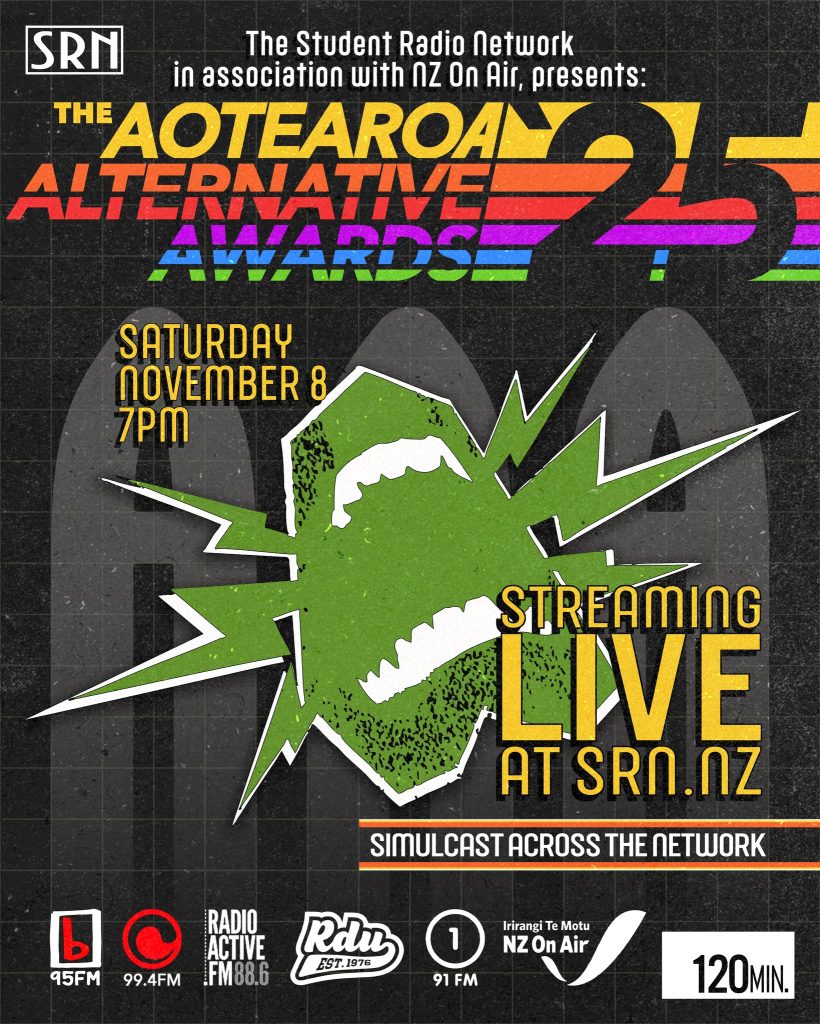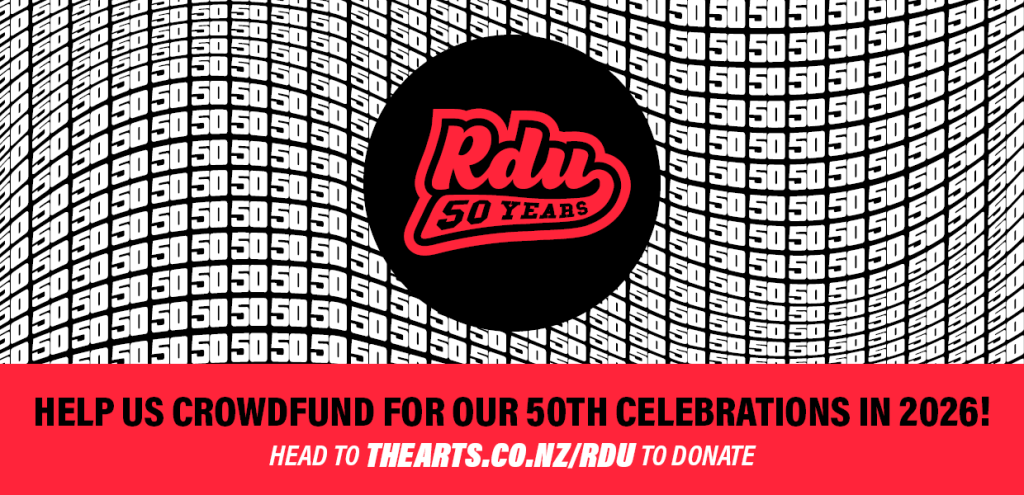HISTORY OF ‘U’ 1976
Written by Admin on 29 September 2014
1976
18 November – Pink document 4A
Nigel Wyse “House Manager” wrote again to the Post Master General in Wellington on 18 November 1976 seeking a temporary medium wave broadcast authority for the duration of the 1977 Orientation activities between 25 February and 7 March. This letter reiterated that the conditions stipulated the year earlier would be complied with, namely that:
1. The broadcast period was restricted solely to the actual period of enrolment, plus a short period for Orientation purposes. A maximum of seven hours broadcast per day Monday to Friday with a total of six hours each weekend applied.
2. The programme needed to be directed solely at University students.
3. Content broadcast needed to be limited to the disbursal of information relating to enrolment and Orientation activities, and a limited amount of other university produced programmes or items aimed specifically at a University student audience. Recorded music again was “fill in”.
4. A day by day programme schedule needed to be submitted for approval one calendar month prior to broadcast.
5. No advertising or money gain could be received.
6. A policy of insurance in the order of $50,000 was required.
7. The on air name required approval.
8. All rules and legislation needed to be complied with and a licence to operate had to be obtained from the Post Office.
The application again referred to “an acute communication problem here at Canterbury, due to a new sprawling campus of some 170 acres which is located in the suburbs and away from the major student flatting areas of Christchurch.” It again referred to student hostels being “sadly out of touch with each other, and the Students’ Association as a whole”.
Formal application – November 1976 – Pink document 4
Members of the committee responsible for the station were:
Michael Lee – third year law student and overall controller of Orientation 1977.
Ross Joblin – third year law student and proposed programme assistant, announcer and interviewer.
Mark Russel – third year law student, proposed as programme assistant, announcer, interviewer and press reporter.
Anna McLaren – second year law student proposed as programme assistant, administration assistant and reporter.
Robyn Archibald – second year law student proposed as programme assistant, admin assistant and reporter.
Peter Kennedy – sixth year student currently studying law, proposed studio director, who had worked as studio director for Radio U 1976.
Lindsay Codd – director of Essence Electronics, formally of TV2, proposed technician director, responsible for installation and maintenance of all transmission equipment.
David Peach – 4th year engineering student and proposed technical operator and assistant to technical director.
Garry Carleton – 3rd year engineering student, proposed technical operator and assistant to technical director.
The application itself said that the “station would be primarily as a vehicle for the dispersal of information relating to enrolment and “Orientation” activities in 1977. The student body at that time was 7,300 students which “can be a harrowing experience and bewildering especially to first year students. The station would be a valuable link between the various University agencies and students.” The experience in 1976 was cited as successful, that there was little in the way of increased costs and that much had been learnt from the 1976 experience.
The transmitter was located at 90 Ilam Road, Christchurch with not than 100 watts of broadcast power.
All transmitting equipment was described as belonging to Radio U, “a sub-committee of the University of Canterbury Students’ Association.” The building in which Radio U was housed is occupied by the USCA and “is owned and ultimately controllable by the Council of the University of Canterbury.”
A $700 special grant was made available from the UCSA. Transmission equipment was said to amount to $550, the programme preparation for the duration of the broadcast to amount to $50, day to day running costs $50, with a contingency of $50.
All spoken material was to be pre-recorded or carried by a four second tape delay.
As to the proposed programme content refer Blue document 1
_



